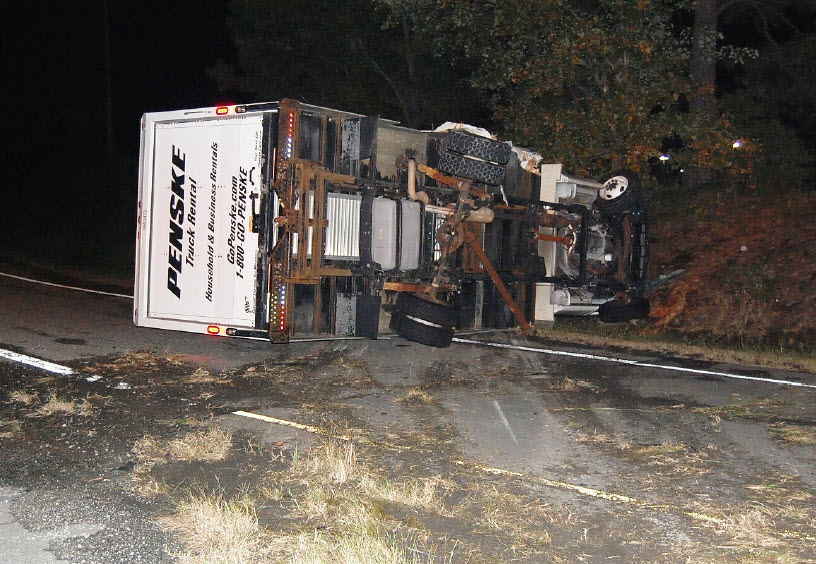 One of the most dangerous aspects of commercial trucks and tractor-trailers is their length—long vehicles have larger blind spots and are more difficult to maneuver than shorter vehicles. In order to keep everyone on the road safe, Virginia law limits the length of these trucks. Below, we’ve listed the length-related truck regulations in Virginia, as provided by the Virginia Department of Motor Vehicles:
One of the most dangerous aspects of commercial trucks and tractor-trailers is their length—long vehicles have larger blind spots and are more difficult to maneuver than shorter vehicles. In order to keep everyone on the road safe, Virginia law limits the length of these trucks. Below, we’ve listed the length-related truck regulations in Virginia, as provided by the Virginia Department of Motor Vehicles:
- On interstates and designated highways, the maximum length of a truck without a trailer is 40 feet.
- On interstates and designated highways, the maximum length of a truck’s semi trailer is 53 feet.
- On interstates and designated highways, the maximum length of a truck with double trailers is 28 feet, six inches, for each trailer.
- On interstates and designated highways, the maximum length of a truck carrying motor vehicles or watercrafts is 65 feet plus a three-foot overhang in the front and a four-foot overhang in the back.
- On all other Virginia roads, the maximum length of a truck without a trailer is 40 feet.
- On all other Virginia roads, the maximum length of a semi is 53 feet.
- On all other Virginia roads, double trailers and twin trailers are not legal.
- The maximum length of a truck towing a manufactured home is 65 feet.
- While there is no maximum length restriction for combinations of the vehicles listed above, tractors may not carry more than one semi-trailer, and trucks may not carry more than one trailer.
- Trucks may not carry loads that extend more than three feet beyond the front of the truck.
- Trucks may not carry loads that extend more than four feet beyond the back of the truck, unless the load is marked with a red flag in daylight and a bright light at night.
RELATED CONTENT
· Truck Drivers’ Large Blind Spots to Blame for Many Crashes
· Drowsy Driving Plays Bigger Role in Crashes Than Federal Statistics Show